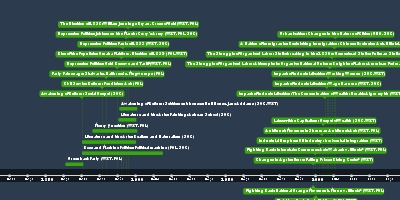aug 1, 1895 - Antitrust Movement: Sherman Antitrust Act (WXT, POL)
Description:
The trusts in which the benefits of a business and other economic institutions were entrusted to were being questioned by American society. Middle class citizens were beginning to fear the unchecked power of the trusts while the urban elites began disliking the significance the new rich were gaining at the time. In response to the uproar, reformers in Congress convinced the congress to pass the Sherman Antitrust Act which combated monopolies in the United State and any attempt to restrict or prevent interstate trade. Yet the legislation was poorly worded and not specific enough to entirely stop trusts in the United States during the 1890s. In the Supreme Court case between the United States and E. C. Knight Co. in 1895, the Supreme Court ruled that the Sherman Antitrust Act would apply to commerce not manufacturing. The verdict caused the United States Department of Justice to be questioned and receive multiple convictions until the Sherman Antitrust Act was strengthened. All in all, this legislation had good intentions but was controversial and devastating to the Justice Department, failing to put a halt to monopolies and trusts in the 1890s.Added to timeline:
Date:
aug 1, 1895
Now
~ 129 years ago
